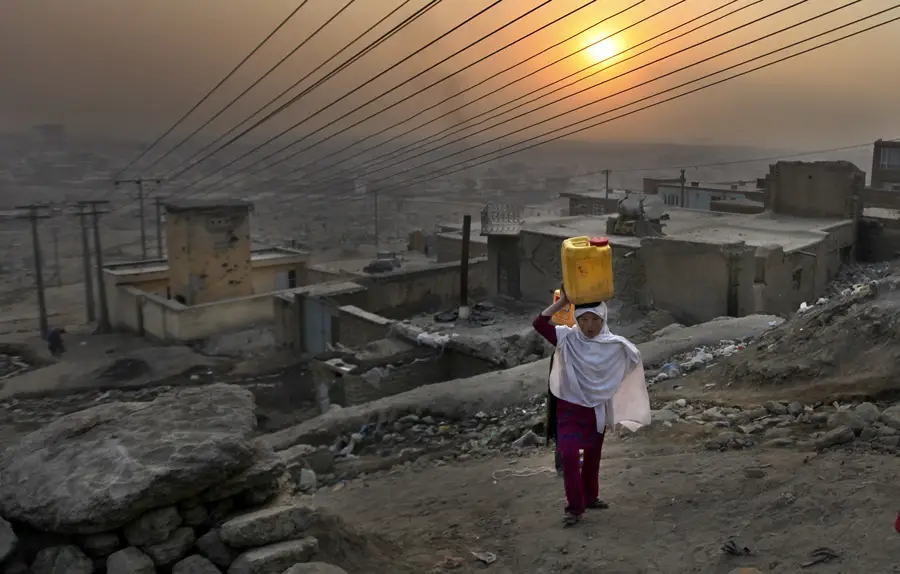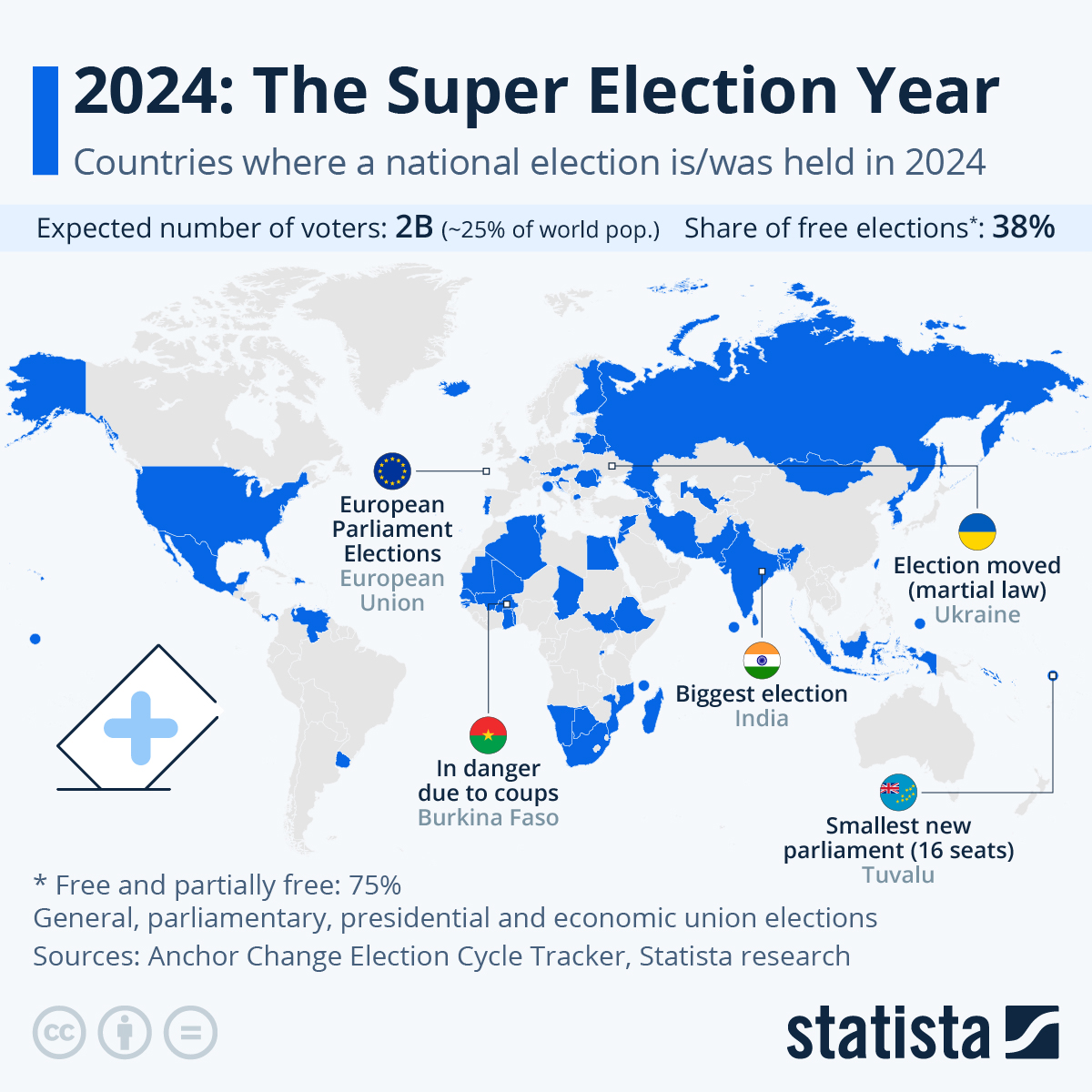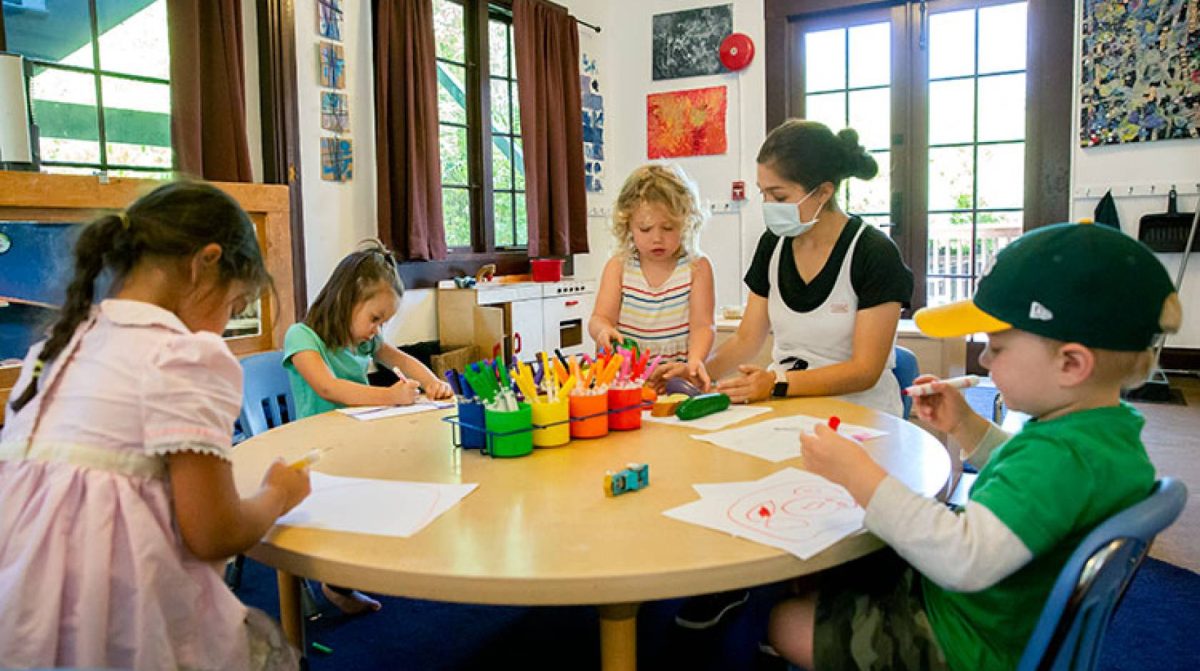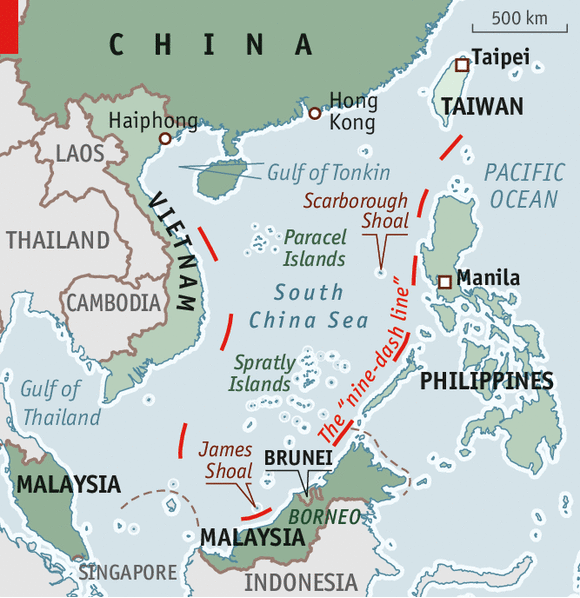This week, Herat, Afghanistan was hit by a 6.3 magnitude earthquake, leaving 2,500 dead and many more injured. Entire villages have been laid waste to in this latest natural disaster. It was the third such earthquake to strike Afghanistan between 2022 and 2023. The damage was quick and unexpected, giving many Afghans no time to escape. According to the International Rescue Committee, over 29 million people were already living in inhumane conditions before the earthquake- and this will only escalate the situation.
After the Taliban’s return to power in Afghanistan in 2021, other countries have been more hesitant in associating with the Islamic extremist group, cutting down international assistance. Since Herat is not a city that is prone to earthquakes, the infrastructure was not built to withstand the force, so buildings were quick to collapse. Natural disasters are only some of the problems plaguing Afghanistan right now, and the recent shift of power caused by the US’s withdrawal has dramatically altered the country’s wellbeing.
Between the late 1990s and 2021, the Taliban remained an agitator, looking to impose their fundamentalist views on the Afghan public. But now that they are ruling again, they seem to be trying to undo anything that occurred when they were out of power. Although the US-Taliban agreement highlighted the fair treatment of all Afghans, the Taliban-run government is disregarding human rights essentials- and it’s taking a toll on the country. Hunger levels are getting higher and the economy has declined by 30%. The economic situation is not only due to the government’s failure to provide job opportunities and dependency on now retracted international help but also in their handling of women’s rights. One of the key beliefs of the Islamic fundamentalist group is that women are inferiors. Banning women from the workforce alone has decreased the country’s GDP by an estimated 5%.
Education for women has been significantly diminished, with girls over the age of 10 being forbidden from attending school. This curb on knowledge has been directly correlated with an increase in the amount of child marriages. Education isn’t the only thing denied to women; they can’t simply go outside without wearing a face covering or being accompanied by a male. Similarly, the number of women arrested for defying the strict dress code has also increased.
These daunting facts have not stopped Afghans from fighting for change, and one of these activists is Shabana Basij-Rasikh. Shabana Basij-Rasikh is the founder of the School of Leadership, Afghanistan (SOLA) with the mission of educating young women through her boarding school. SOLA was threatened by the Taliban’s narrow philosophy, but instead of closing the school, Basij-Rasikh was able to find safe passage to Rwanda and managed to move the girls’ school to shelter. Still, for Basij-Rasikh, SOLA’s existence in Rwanda is not enough. She and her students dream of soon returning to their much-beloved home country. For now, SOLA is staying put- but while they wait, they’re working on an online course that will make curriculums available for children worldwide. Shabana Basij-Rasikh writes for numerous news sources to publicize her cause, one piece for The Washington Post being titled “The Taliban is snuffing out hope in Afghanistan. It will fail.”
Another one of Afghanistan’s troubles- one a little less well-known- is the water crisis. The lack of strong regional governance meant there were little to no regulations for deforestation and irrigation techniques. This unfortunately played a part in Afghanistan’s current agricultural crisis by leading to desertification and groundwater depletion. Not only did this result in malnutrition, a water shortage, and harsh weather patterns, but rural Afghans who rely on the harvest for their survival are struggling economically. Villages are attempting to work past this with local leadership supporting their most vulnerable in tough times and individual families coming up with innovative solutions- one being a mobile chicken delivery business! The Danish Refugee Council (DRC), which vies for the long-term health of displacement-affected communities, found in a recent study that emergency relief is inadequate and doesn’t prevent poverty sufficiently, instead increasing dependency on foreign aid. They concluded that since most of Afghanistan’s problems are not one-off shocks, humanitarian assistance must primarily be through resilience-focused interventions. The idea behind resilience-focused interventions is that local leadership is being utilized so that Afghanistan will be able to fare for itself in the future. The DRC acknowledges the Afghans’ astounding durability and devotion to their country, naming their study “The World Lives on Hope.”
Khaled Hosseini’s “A Thousand Splendid Suns” paints a brutal picture of the reality of Afghanistan but also the hope the people carry for their country and the unending love of their beautiful land. The novel tells the story of two women, Laila and Mariam, different in everything from age to way of thinking, who grow to become close friends over their many afflictions in the first reign of the Taliban. There’s a point near the end of the book where Laila is given the chance to live the rest of her days safely in another country- a home, a refuge, a job. Despite the added presence of the US in Afghanistan, it is still undergoing a battle within its borders, and it would seem that the logical decision would be to steer as far from the Taliban as possible. Yet Laila chooses to help rebuild a bandaged Kabul, to contribute to the healing of her scarred country, giving all she can to better Afghanistan and those in it.
At the time Afghanistan first seemed on the road to recovery, some said, “the promised aid money to Afghanistan isn’t coming […] the Taliban are regrouping already and will come back with a vengeance, […] the world will forget once again about Afghanistan” (Hosseini 413). We know today some of that did come true, yet this doesn’t mean that Laila and other Afghans like her lost hope. Hosseini continues to quote a ghazal (an Arabic form of poetry) that helped Laila keep the hope, and can help us today to understand the unquenched fire and startling resilience that is still burning in the Afghans:
Joseph shall return to Canaan, grieve not,
Hovels shall turn to rose gardens, grieve not,
If the flood should arrive, to drown all that’s alive,
Noah is your guide in the typhoon’s eye, grieve not.
Works Cited:
Afghanistan: The World Lives on Hope. Danish Refugee Council, June 2023,
pro.drc.ngo/media/i5gb3sbd/
drc-afg-the-world-lives-on-hope-crisis-and-survival-in-rural-afghanistan.pdf.
Accessed 15 Oct. 2023.
Basij-Rasikh, Shabana. “The Taliban Is Snuffing out Hope in Afghanistan. It Will
Fail.” The Washington Post, 15 Aug. 2023, www.washingtonpost.com/opinions/
2023/08/15/afghanistan-taliban-takeover-education-hope/. Accessed 15 Oct.
2023.
Falez, Rahim. “Senior Taliban Officials Visit Province Struck by Earthquake That
Killed at Least 2,000 People.” PBS NewsHour, PBS, 9 Oct. 2023, www.pbs.org/
newshour/world/
senior-taliban-officials-visit-province-struck-by-earthquake-that-killed-at-least
-2000-people. Accessed 15 Oct. 2023.
Hosseini, Khaled. A Thousand Splendid Suns. Riverhead Books, 2007.
Noack, Rick, and Haq Nawaz Khan. “Taliban Says 2,400 Killed after Earthquake
Ravages Western Afghanistan.” The Washington Post, 8 Oct. 2023,
www.washingtonpost.com/world/2023/10/08/
afghanistan-earthquake-rising-death-toll/. Accessed 15 Oct. 2023.
Strochlic, Nina. “Shabana Basij-Rasikh Is the Rolex National Geographic Explorer
of the Year.” National Geographic, 23 May 2023, www.nationalgeographic.com/
culture/article/
shabana-basij-rasikh-rolex-national-geographic-explorer-of-the-year.
Accessed 15 Oct. 2023.







